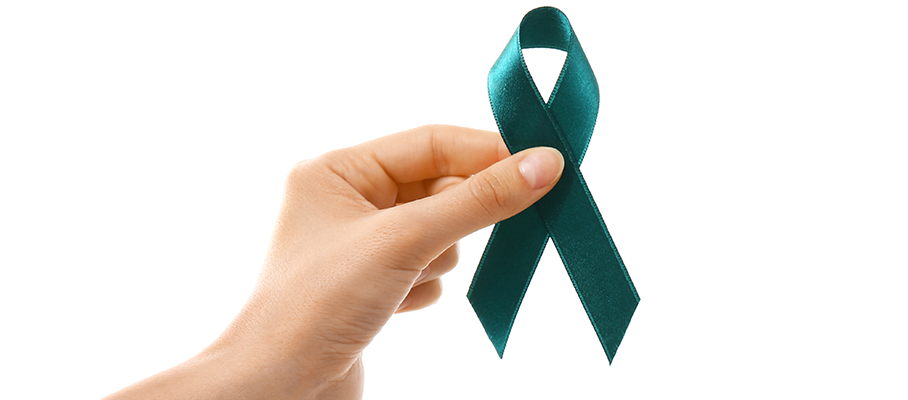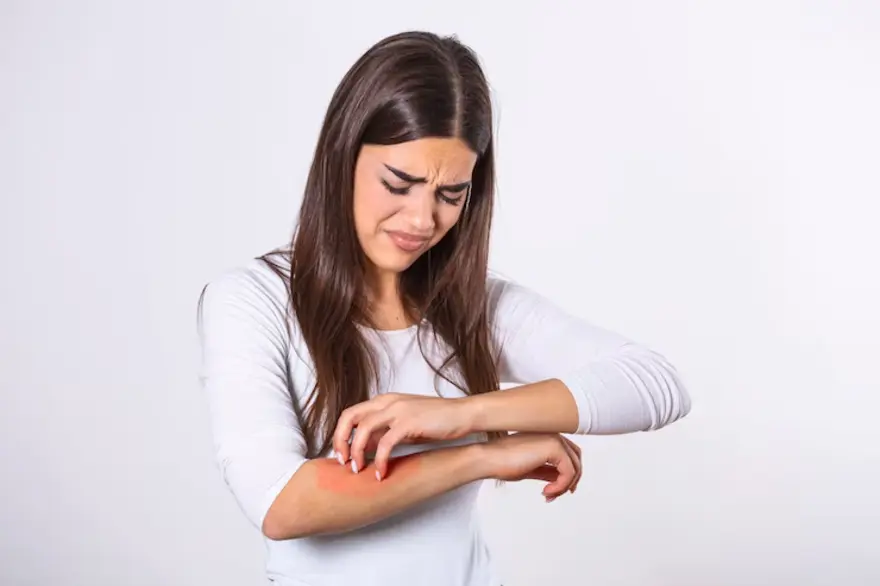Blogs on health.
Phani Trivedi on her PCOD experience, Pregnancy and Managing Life with PCOD
I was once called a sexy-sleek woman with that Indian touch of sensuousness…..But now, not age, but a disease has mellowed me down in every such aspect of taking pride in being a women. My ovaries have many watery cysts, I have PCOD and I am living with it since 2003. Resultant effects are alarming. Enlarged ovaries, pressure on pancreas, zero control on menstrual cycle, fear of getting type-2 diabetes, dirty acne on face, mood swings like a pendulum…..so much for my grey cells to absorb!! Now, I can only call myself lucky, as I have been able to conceive with the help of acupressure & the third attempt of IUI (Intrauterine Insemination) treatment led to fertilization of a healthy 23 mm sized egg. I delivered a baby boy with a NORMAL delivery. Had undergone Garbh Sanskar Vidhi, an Ayurvedic treatment for first 3 months post which I underwent a tough diet & walking regime, as I was determined not to undergo a C-section. Determination has paid off in my journey so far, as I was gifted a handsome, healthy baby boy who is 6 years old now, with well-developed features & brain too!!But my happiness was short lived when in spite of breastfeeding for 1.5 years, my hope to restore my hormonal balance failed. I have PCOD even in 2014 now & nothing is fine anymore. Neither my periods NOR my looks. Moral of the lesson: Preventing PCOD is better than cure. Ever since I knew from the internet that there is no cure to PCOD, I have had no options but to protect my body from its long-term consequences. Preventing PCOD is not easy task. Now I take Vit-B12, Vit-D3 tablets & calcium from natural food sources. I have stopped taking sugar. Initially, I started with sugar free natura but now I consume sugar from plant product like Stevia leaves. I have recently decided to detoxify my body with Virochan Ayurveda procedure & then attack inch loss, if not weight loss. After spending 40,000 rupees on herbal treatment, I am still striving hard to slim down. I have some more money going into Ayurvedic treatment these days. But to prevent permanent health issues, I am ready to do EVERYTHING. After my Ayurveda Panchkarma, Yoga & Treatment for hormones, face, hair, inch loss, I will meet you again with proof of any answers to what works & what doesn’t. Watch out!!! Contributed by Phani Trivedi – Founder at WasteEngage, Chairperson at Businesswomen Wing at Gujarat Chamber of Commerce
Cervical Cancer, the most prevalent form of cancer among Indian women – An Insight
Forms of cancer that are specific to women are breast cancer (though few cases of male patients are also there), ovarian cancer, uterine cancer, cervical cancer. It is estimated that in India, about 160 million women aged 30-59 years are at risk of developing cervical cancer, and 77,300 new cases are diagnosed annually with 37,800 deaths, representing a whopping case fatality rate of 49 per cent. What is a cervix? Cervix is a fibromuscular tissue that is connects the genitals with the Uterus and is also called as the mouth/opening of the Uterus What is cervical cancer? Cervical cancer is the cancer of the cervix, the opening of uterus. The cells on cervix begin to grow abnormally and sometimes if they are not treated, they can become cancerous. What are causes of Cervical Cancer? The main cause for Cervical cancer is getting infected with virus called Human Papilloma Virus (HPV). HPV is sexually transmitted and could have been acquired years ago, from the time when it is finally detected. There are various types (strains) of HPV that can lead to cervical cancer. Who are susceptible to HPV infections? Women who are sexually active with multiple partners Women whose partner(s) have / had more than one sexual partner Women with any sexually transmitted diseases Women with immune system related problems Women have undergone any of the following are also likely to be susceptible - Steroid medications Chemotherapy Transplanted organs Symptoms of Cervical Cancer to watch out for – Unusual discharge from vagina Blood spots or light bleeding even without periods Bleeding after menopause Bleeding during or after sex Anemia as a result of abnormal vaginal bleeding Ongoing pelvic, leg or back pain Urinary problems because of blockage of kidney or ureter Bleeding from rectum or bladder Unusual Weight loss If you witness any of these symptoms, a visit to the doctor for a check-up is must. How to detect cervical cancer? PAP smear test is commonly used for testing cervical cancer. This test assures strong sensitivity and specificity for detection of cervical cancer or pre-cancerous stages. If the results of the PAP test points towards cervical cancer, the doctor may advice for colposcopy/biopsy procedure for further confirmation before the right treatment is implemented for the patient. One of the most preferred method of cervical cancer screening for women between 30 to 65 years is PAP+HPV together (also known as Co-testing) to be done every 5 years. This method of testing is certified by ACOG (American College of Obstetrician and Gynaecologists) and American Cancer Society. Early detection and regular screening can save lives when it comes to cervical cancer. When to take PAP test and a Co-testing? The right age to do the first PAP test for screening is within first 3 years of becoming sexually active. After age 30, you must repeat the test every 2-3 years after discussion with your physician/gynecologist Schedule your PAP when you’re not having your menstrual period Co- testing needs to be done every 3 years for the age group of 30-65 Talk to your doctor more about it, ASK QUESTIONS! But the GOOD NEWS is Cervical cancer is the only cancer preventable by Vaccination. Talk to a gynecologist for more information on cervical cancer vaccination for you and your female peers. Wishing you a very Happy and Healthy Life. Take care. Contributed by Dr. Anita Shukla, Leading Gynecologist and Obstetrician.
 Home Visit
Home Visit Upload
Upload
















 WhatsApp
WhatsApp